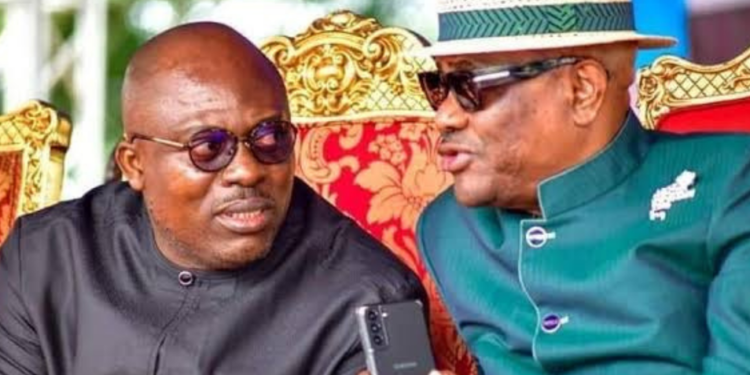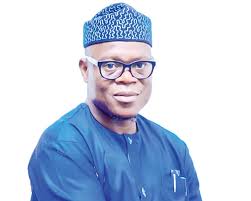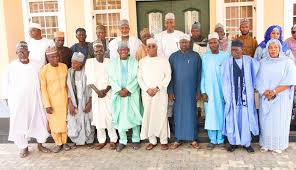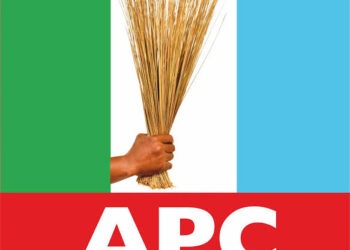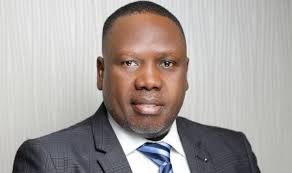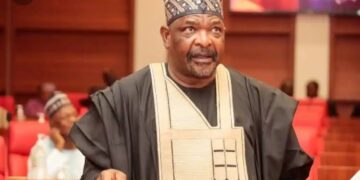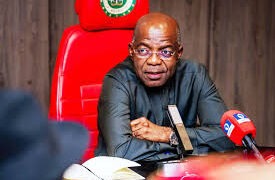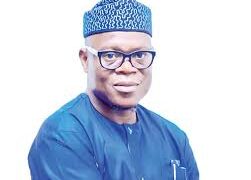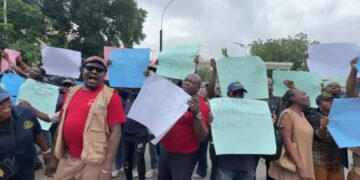The political rift between Siminalayi Fubara, the Governor of Rivers State, and his predecessor, Nyesom Wike, who currently serves as the Minister of the Federal Capital Territory (FCT), has escalated to a troubling point, compelling the involvement of law enforcement agencies.
This conflict, rooted in a struggle for dominance within the Peoples Democratic Party (PDP) framework in Rivers State, has been unfolding for several months.
The tensions began to surface shortly after Fubara took office as governor, a position to which Wike had allegedly anointed him. The reasons for their fallout have largely remained speculative, with various interpretations circulating in public discourse.
Some observers suggest that Wike sought to maintain complete control over state affairs, while others speculate that he demanded a portion of the state’s monthly allocations as recompense for facilitating Fubara’s ascendancy to the governorship.
Alternatively, there is a prevailing viewpoint that Fubara resisted Wike’s demands, asserting that his electoral mandate was to serve the interests of the people of Rivers State rather than those of his predecessor.
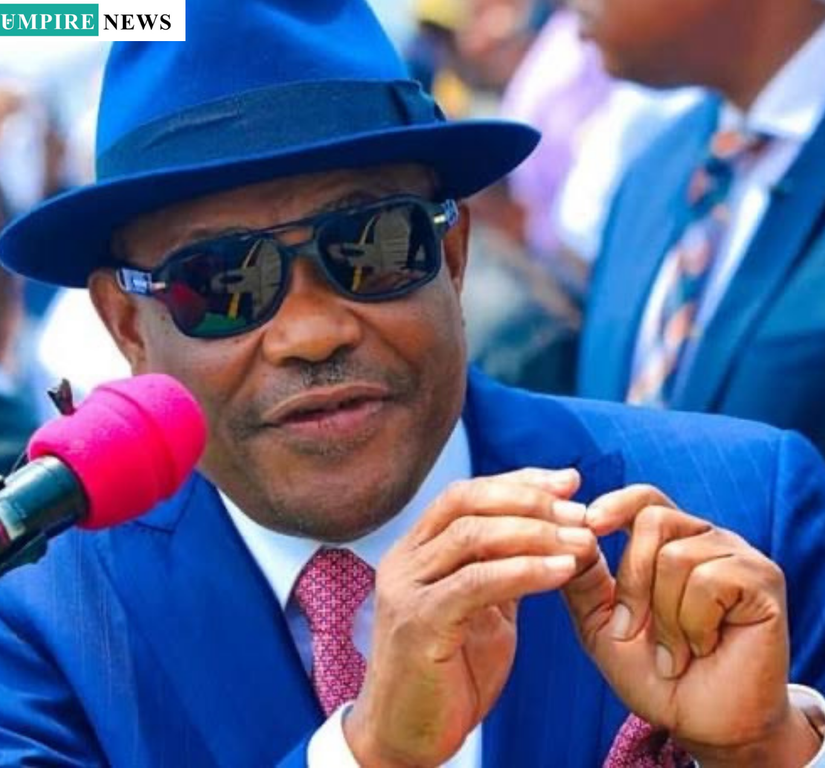
This assertion marked the beginning of an unmistakable divide between the two political figures, effectively drawing a battle line that would shape their relationship.
The initial overtures of this power struggle included attempts to impeach the governor, leading to the defection of 27 members of the Rivers State House of Assembly, led by Speaker Martins Amaewhule, from the PDP to the All Progressives Congress (APC).
Analysts interpreted this maneuver as the first step in a broader scheme aimed at initiating impeachment proceedings against Fubara.
However, Fubara was not inclined to succumb to these political machinations without a fight. In response, he swiftly mobilized the remaining three loyal lawmakers to elect a new Speaker, who promptly declared the seats of the 27 defected members vacant.
Subsequently, Fubara presented the 2024 budget to the loyal trio, which they passed and he subsequently signed into law.
From that point onward, the governor’s administration faced a series of challenges, culminating in the recent local government elections held on Saturday.
Prior to the elections, public perception of the police’s role in the ongoing political turmoil shifted dramatically, with numerous individuals accusing law enforcement of exhibiting bias against Fubara.
This perception was underscored when Fubara dissolved the previous local council executives at the end of their tenure and appointed caretaker committees to assume their responsibilities.
In a counter-move, the 27 lawmakers loyal to Wike, whose seats had been declared vacant, extended the tenures of the former council chairmen and councilors by an additional six months.
This extension led to a standoff, as the former officials resisted vacating their positions. The situation escalated further when the governor’s caretaker committees were established.
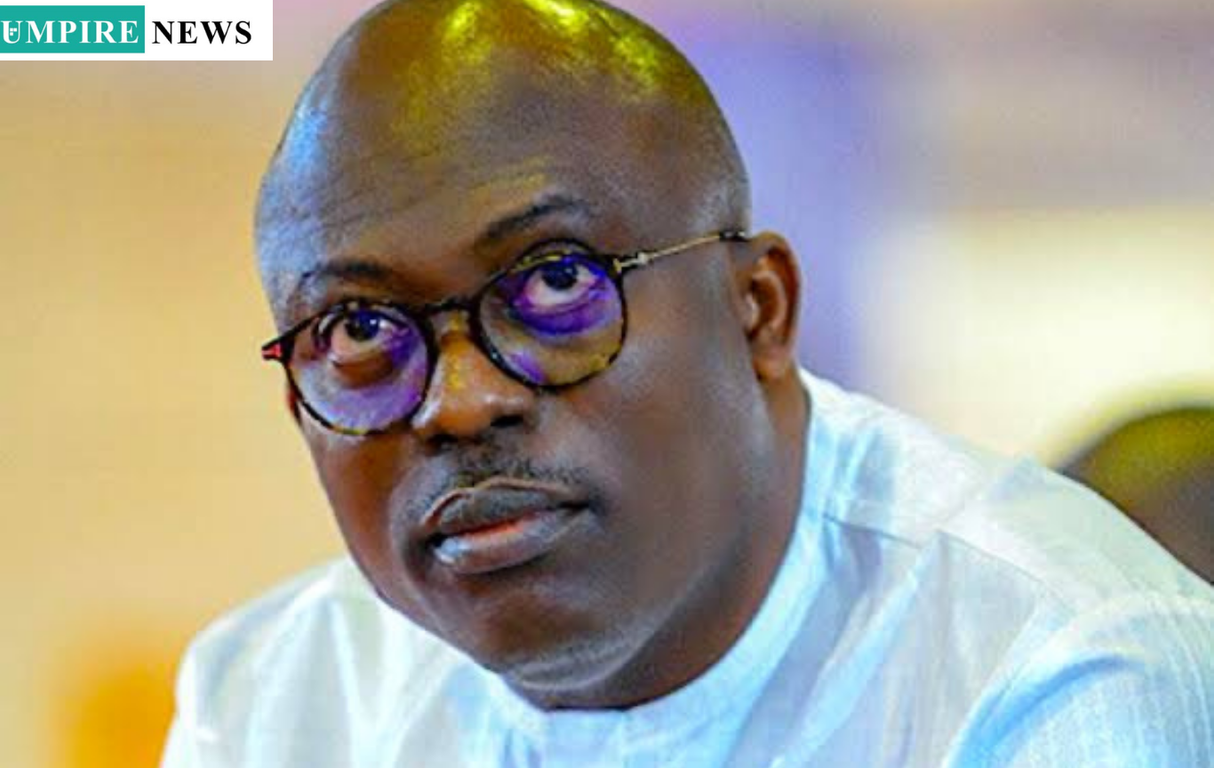
In response, the police were deployed to seal off the local government secretariats across the state, leading to the lockdown of 27 local government headquarters, heavily guarded by armed police personnel.
This situation persisted until Monday, October 7, the day after the newly elected chairmen and councilors were sworn in by Fubara.
In a statement issued on Monday morning, Inspector-General of Police Kayode Egbetokun directed the Rivers State Commissioner of Police to ensure that all 27 local government secretariats were unsealed and vacated without delay.
This directive came after a series of troubling developments, including the police’s prior announcement that they would not provide security during the local elections held on October 5. In response, Fubara reportedly asserted that regardless of the police’s stance, the election would proceed as planned.
This assertion came in the wake of a conflicting legal landscape. A Federal High Court in Abuja had instructed the Independent National Electoral Commission (INEC) not to supply the Rivers State Independent Electoral Commission (RSIEC) with the necessary voters’ register for the local council elections.
Conversely, a Rivers State High Court had mandated INEC to furnish RSIEC with the voters’ register, allowing the elections to take place.
Given the contradictory rulings from two courts of equal jurisdiction, many believed that Fubara would align with the decision of the Rivers State court, asserting local governance over the federal jurisdiction.
Fubara contended that the Abuja court did not explicitly prohibit the elections; it merely stated that INEC should not provide the voters’ register to RSIEC, a ruling he maintained would not impede the electoral process.
He expressed his frustration with the interference from the federal level, stating, “What is the business of the IGP? That will show you the level of impunity in this country.”
Fubara continued, “Obviously, there is another angle to it. Somebody is somewhere paying the piper to play the tune; that is the fact. The police are a federal agency and there is a federal interest through a particular individual, so what is happening is brigandage.
“No matter what you may say about Fubara and his tactics, some people are trying to rubbish him or twist his arms. The problems in Rivers State can be curtailed by the President calling Wike to order. But he will not do that because what Wike is doing is in favour of the APC and the President.”
In an analysis of the situation, Alhaji Yusuf Shehu, a former member of the Katsina State House of Assembly, described the unfolding events as a conflict between state and federal interests.
He criticized the police for not adhering to constitutional mandates, emphasizing, “There is no reason an individual should be directing the police on how to conduct their functions.
“The governor is the chief security officer of his state; therefore, the police should listen and take instructions from him as long as such instructions are not against the constitution of the Federal Republic of Nigeria, and not to receive instructions from Abuja to withdraw the police personnel that were securing the local council secretariats.”
Shehu further lamented the consequences of this police withdrawal, noting, “And you can see the outcome of that singular action, about six local government secretariats were set ablaze by hoodlums. It is because of the police withdrawal.
“Remember that the governor had earlier said such withdrawal would give room for hoodlums to take over and that was what happened exactly. So, the police didn’t act professionally in the Rivers State local government election; they were biased and it is not healthy for our democracy.”
The ongoing political strife in Rivers State not only highlights the complexities of power dynamics within the state’s leadership but also raises critical questions about the role of law enforcement and federal influence in local governance.
As the situation develops, the implications for both the state’s political stability and the broader democratic framework in Nigeria remain to be seen.


